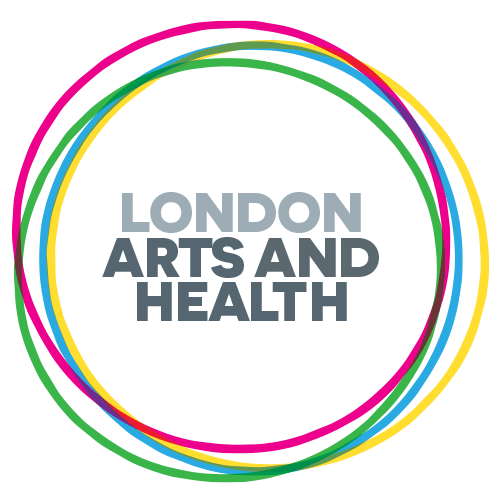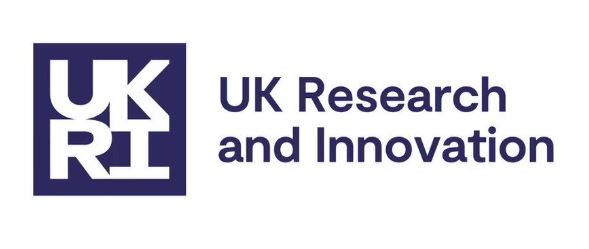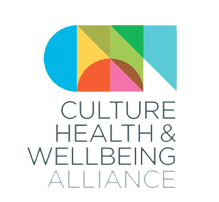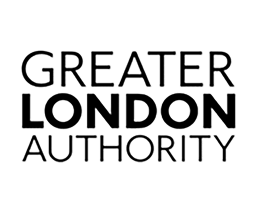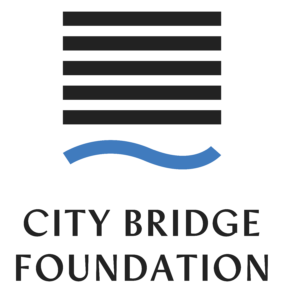Apply for funding to bring the public into dialogue about the future of health and social care. We are looking for researchers that will work with the public to contribute in imaginative ways to activities and conversations that will help shape future debate and decision-making about the future of health, ageing and wellbeing over the next 25 years.
You must be based at a UK-based research organisation that is eligible to receive funding from UK Research and Innovation (UKRI) to apply. We welcome interdisciplinary applications, though your research must be rooted in the arts and humanities.
The full economic cost of your project can be up to £40,000. AHRC will fund 100% of the full economic cost.
Projects can be delivered at any time between June 2023 and March 2024.
In 2023 the UK’s National Health Service (NHS) will be 75 years old. The NHS is one of the world’s largest healthcare providers and social institutions, and for over seven decades has influenced and shaped the lives of millions, as well as the history and social fabric of the UK.
During this anniversary year for the NHS, AHRC wants to bring the public into dialogue about the future of healthcare and social care. We want researchers and the public to contribute in imaginative ways to activities and conversations that will help shape future debate, ideation, and decision-making, and secure the future of health, ageing and wellbeing over the next 25 years.
Projects funded through this opportunity will:
- engage diverse audiences in research conversations about the changing structures of social care and healthcare, and how they can be responsive to public needs in the face of great societal challenges, including health inequalities
- deliver innovative public engagement where researchers create dialogue with the public to shape thinking and have new ideas around the role of communities and community-led initiatives in supporting health, wellbeing and social care.
We want projects where engagement activity is directly linked with research, and we are interested in research that is based in the arts and humanities, or has strong arts and humanities links. For example, we are interested in how securing better health, ageing and wellbeing is shaped by things like:
- artificial intelligence and technology
- community or making use of community assets
- culture and society or medical humanities
- design and architecture
- equality, diversity and inclusion
- health inequalities
- intergenerational justice
- lived experiences.
This list is illustrative and not exhaustive. We encourage interdisciplinary applications or applications from non-arts and humanities researchers that have arts and humanities outputs and outcomes. At least one person in your team must have an arts and humanities-focused remit.
We will fund projects between £10,000 and £40,000. Projects can be delivered at any time between June 2023 and March 2024.
Your project must demonstrate:
- a clearly defined public audience group (for example, ‘the general public’ is too vague, but ‘18 to 25 year olds living in Leeds’ is defined)
- excellent public engagement methods and activities that are:
- collaborative and actively engage a public audience or audiences in the research or research process (or both)
- inspiring, creative or innovative
- appropriate and relevant to the needs and interests of the public audience or audiences
- engagement activity may be based on existing or new research and must be adaptable to potential changing coronavirus-related restrictions
- if working with a partner, excellent partnership working that is equitable and uses collaborative, consultative or co-production methods
- strong public participation, diversity and inclusion. We particularly welcome proposals that engage diverse audiences across the UK, either place-based or interest-based, especially with audiences that do not traditionally engage with research or feel that their voices and lived experiences have not previously been part of discussions about social care and healthcare, or projects that address health inequalities
- potential for positive long-term impact on a public audience or audiences and partner organisation or organisations, possibly including those working in health care or social care
- that it represents good value for money, is well-structured, and has a feasible plan to get the public actively engaged in research
- that it might lead to potential future research scoping and new partnerships
- potential for learnings and successes to be shared with the public, researchers, policymakers, partner organisations, such as the NHS across the UK and integrated care boards, potentially via a shared website or social media presence
- an ethics and safeguarding plan that is appropriate for your research topic, public engagement method or activity, and defined audience
- public engagement activity that takes place between June 2023 and March 2024.
Example types of activities
You must demonstrate how you will deliver your activity in a safe way, providing an appropriately rigorous ethics and safeguarding plan that considers the health, safety and wellbeing of your public audience. This process may include consultation with community stakeholders, people with lived experience, or providers of social care and healthcare (including health care or social care professionals).
We encourage you to embrace a mix of digitally and socially distanced methods and to consider a contingency plan for your proposed activity, in the event of possible future government guidelines relating to the COVID-19 pandemic, bearing in mind varying levels of digital literacy among different demographics.
We are looking for innovative projects that embrace participatory public engagement with research methods to ensure that the public is actively involved in research around securing better health, ageing and wellbeing. You should consider how you might engage your public audiences in some or all stages of the research process. For example, by:
- adopting collaborative, co-design or co-production methods, or a mixture of these
- listening to a diverse range of public voices, involving public audiences and people with lived experience in decision-making, and professional voices from social care and healthcare
- encouraging peer-to-peer or intergenerational engagement, whereby conversations can be started in relation to the focus of the activity.
Your proposed activity should be off-campus and embedded in the community, taking place where people live, work and play. For example, you may wish to engage with your audience through:
- community groups
- workplaces
- health and care settings
- having a presence in shopping centres
- through schools and colleges
- connecting with interest groups (such as sports teams)
- using social media channels to reach out to people.
Activities and outputs could include:
- pop-up radio station or podcasts
- social media campaign using Instagram or Facebook live
- short seasons of thematic or place-based podcasts
- thematic e-books
- online or face-to-face memory bank, or oral history interviews
- interviews, focus groups, surveys and consultation
- design sprint activities
- place-based participatory activity that relates to the securing better health, ageing and wellbeing
- film screenings with question and answer discussions or introductions
- displays and exhibitions (virtual, physical or both)
- creation of media outputs (vlogs, podcasts, radio and tv programming, films, apps or zines)
- theatre, music, visual art and craft, or creative writing and poetry
- schools’ sessions, workshops and educational packs that make relevant and creative use of the national curriculum, covering one or multiple subjects
- activity that can be linked to the 2023 Being Human Festival and other place-based festivals.
This list is not exhaustive, and you may choose to select other methods beyond those listed.
What we will fund
These grants are offered at 100% full economic cost and cover:
- staff time, up to a maximum of 20% of the total funding requested (for example covering the planning and delivery of the public engagement activities)
- freelancer fees for delivery of project, for example for:
- artists
- musicians
- performers
- consultants
- translators
- non-staff speakers
- brokers or mediators to support community engagement, for example support workers, small community, voluntary of place-based organisations and people with lived experience
- out-of-pocket expenses for:
- participants (for example travel and subsistence) where involvement in a project is significant or continuous (or both) over a long period of time
- carers or guardians if the project involves working with young people or individuals who may need the support of a carer or guardian to participate
- the cost of producing outputs and essential activity materials, for example:
- equipment
- props
- costumes
- venue hire
- transport costs
- marketing costs.
What we will not fund
We will not fund:
- activity that would have taken place without the support of this fund, for example pre-planned activity that has been upscaled or could be absorbed into institutional budgets
- catering (unless consumables are essential to proposed activity)
- activity designed primarily for the academic community (for example conferences, symposia or academic workshops)
- estates and indirect costs, as the full costs of proposed activities will be covered (see ‘How to apply: justification of resources’).
